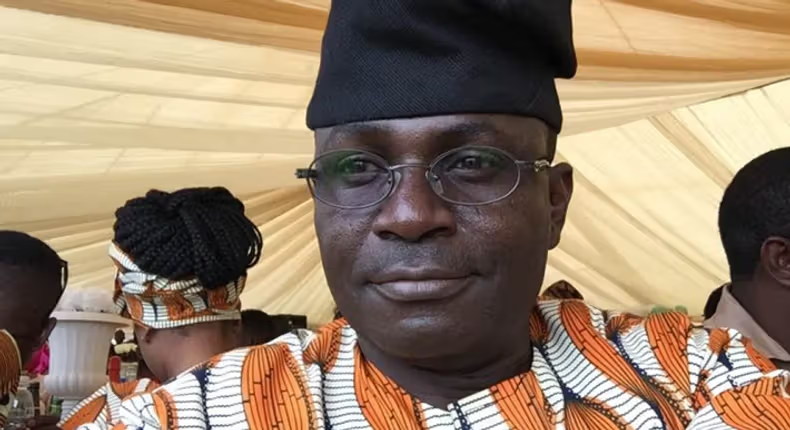Kanmi Ajibola, a member of the Osun State House of Assembly, is challenging a Federal High Court (FHC) judgment that barred him from providing free legal services as a lawyer while holding public office. Ajibola, who represents Oriade constituency, has filed an appeal with the Appeal Court in Akure seeking to overturn the FHC ruling.
The controversy stems from Justice Nathaniel Ayo-Emmanuel’s decision at the FHC, which cited constitutional provisions that prohibit public servants from engaging in certain activities that could be construed as self-serving or commercial in nature. Ajibola, however, argues that his provision of pro bono legal services through his NGO, Prisoners Aid Initiative, is a public interest duty rather than a personal business endeavor.
In his appeal, Ajibola contends that the FHC judge did not adequately consider the nature of his activities and misinterpreted constitutional provisions related to public servants’ engagements. Specifically, he points to paragraphs 1, 2 (a), and (b) of the Fifth Schedule Part 1 of the 1999 Constitution, arguing that his actions are consistent with the constitution’s intent to uphold public interest and welfare.
Ajibola emphasizes the humanitarian aspect of his legal work, noting that his NGO has played a critical role in providing legal representation to indigent suspects facing criminal charges. This work, he asserts, has contributed significantly to securing the release of innocent Nigerians and alleviating prison congestion.
As the case proceeds, Ajibola seeks to clarify his rights to continue practicing law and offering free legal aid while fulfilling his legislative duties until the end of his current term in 2027. The respondents in his appeal include the Attorney-General of the Federation and the Attorney-General of Osun State, underscoring the legal and constitutional implications of the matter.
This appeal underscores broader issues related to legal representation in Nigeria, particularly for individuals who cannot afford private lawyers, and raises questions about the interpretation and application of constitutional provisions governing the activities of public officials.
